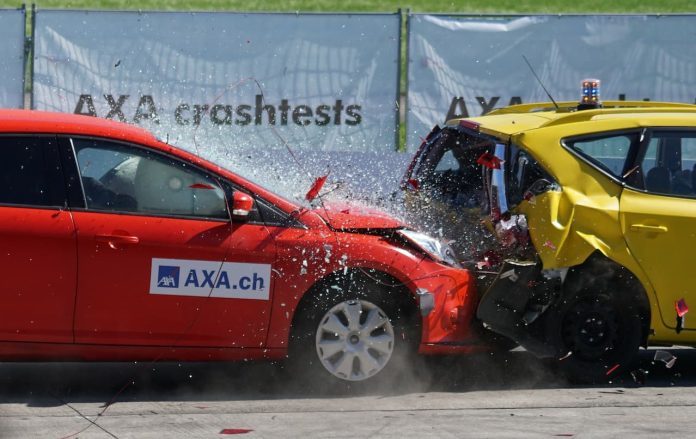Car accidents are an unfortunate reality of modern life, affecting millions of people each year. When faced with the aftermath of an accident, it’s essential to know how to properly recover, both physically and emotionally. It’s important to keep in mind that no two accidents are the same so the recovery will depend on where and how you were injured.
However, there are some essentials that you should be aware of that will help you recover quickly and get back on your feet sooner rather than later. In this article, we’ll go over some tips designed to help you bounce back from a car accident and reclaim your life.
Table of Contents
1 – Rehabilitation
Once you have gotten care for your immediate injury after the accident, you will need to start a rehabilitation program. Your healthcare provider will create a personalized plan tailored to your specific injuries and recovery goals which will likely include visits to an Edmonton physiotherapy specialist.
This plan might include medications, physical therapy, occupational therapy, or other recommended interventions. It’s important to follow your doctor’s instructions closely, attend all scheduled appointments, and communicate any concerns or changes in your condition to ensure the most effective treatment.
Managing pain and discomfort can be a significant part of the recovery process. Depending on the severity of your injuries, you may experience various levels of pain, and it’s essential to address this in a safe and responsible manner. Your doctor may prescribe medications to alleviate your pain, but remember that it’s crucial to take them only as directed to avoid any potential complications or dependence.
2 – Adress the psychological effects
Physical injuries, such as broken bones, whiplash, or concussions, are often the most apparent and require immediate medical attention. While physical injuries are typically the primary focus after a car accident, the emotional and mental trauma should not be overlooked.
Car accidents can be incredibly stressful events, leading to feelings of shock, anxiety, or even guilt. It’s not uncommon for individuals to develop symptoms of post-traumatic stress disorder (PTSD) following a serious accident.
Signs of PTSD include intrusive memories or flashbacks, avoidance of situations related to the accident, changes in mood, and heightened reactions to triggers. If you find yourself experiencing any of these symptoms or struggling with your emotional well-being, seeking professional help is paramount to ensuring a holistic recovery.
3 – Unexpected complications
Sometimes, the full extent of injuries sustained in a car accident may not be immediately apparent. It’s not uncommon for certain symptoms to manifest themselves days, weeks, or even months after the collision. It’s essential to take appropriate action to address these late-emerging injuries and ensure a comprehensive recovery.
If you notice new symptoms or worsening discomfort long after the accident, don’t hesitate to consult a healthcare professional. Timely medical intervention can help prevent further complications and ensure you receive the proper treatment. Make sure to inform your doctor about the accident and provide them with relevant information, such as previous medical evaluations and treatments, to help them better understand your situation.
Late-emerging injuries can complicate the process of pursuing compensation, making it more challenging to establish a direct connection between the accident and your injuries. A personal injury attorney can help you navigate the legal system, gather necessary evidence, and advocate on your behalf to ensure your rights are protected.
4 – Get compensation
Part of the recovery process is to get yourself whole again financially. You likely lost out on wages due to your recovery. Not only that but you should be entitles to compensation for your injuries.
When pursuing compensation for damages resulting from a car accident, it’s important to be aware of the different types of damages you may be entitled to claim. Economic damages refer to the financial losses you’ve incurred as a direct result of the accident.
These may include medical expenses, lost wages, property damage, and costs related to ongoing care or rehabilitation. In addition to economic damages, non-economic damages may also be sought to compensate for the pain and suffering, emotional distress, and loss of enjoyment of life that often accompany serious injuries.
Negotiating settlements and navigating the court system can be a complex and time-consuming process, which is why it’s a good idea to have the support of an experienced personal injury attorney. They will help you gather the necessary evidence, calculate a fair compensation amount, and present your case in the best possible light to make your whole again.


